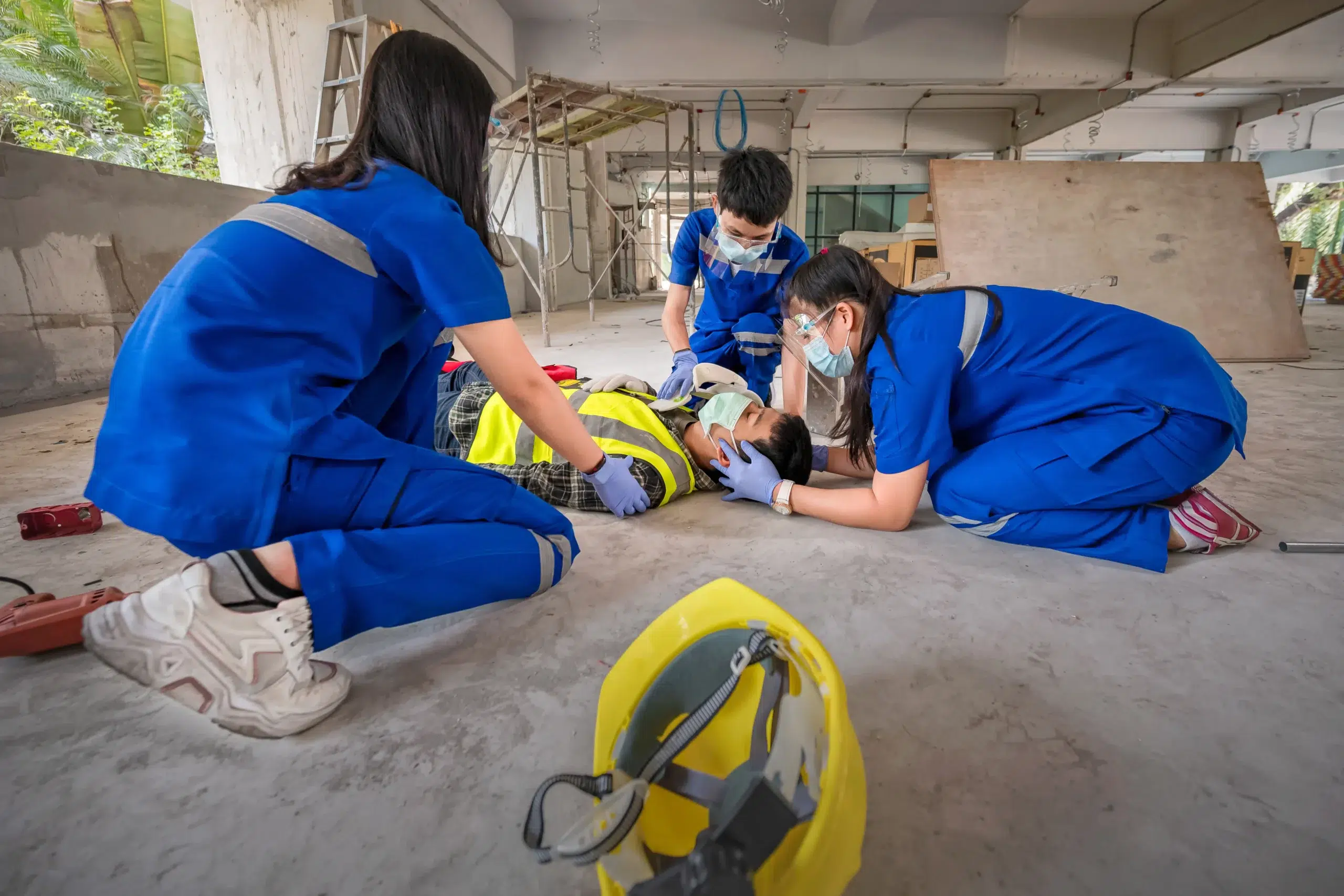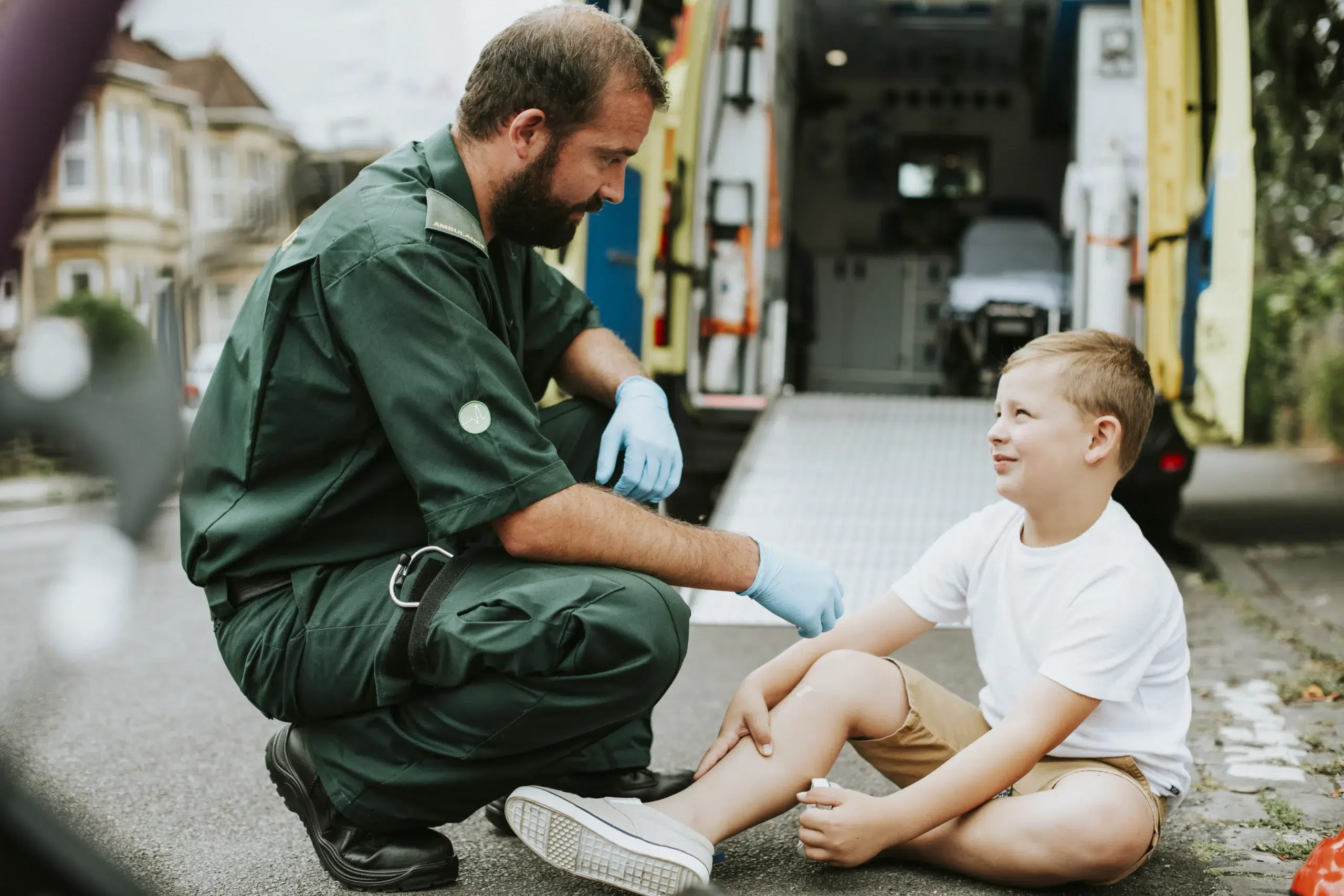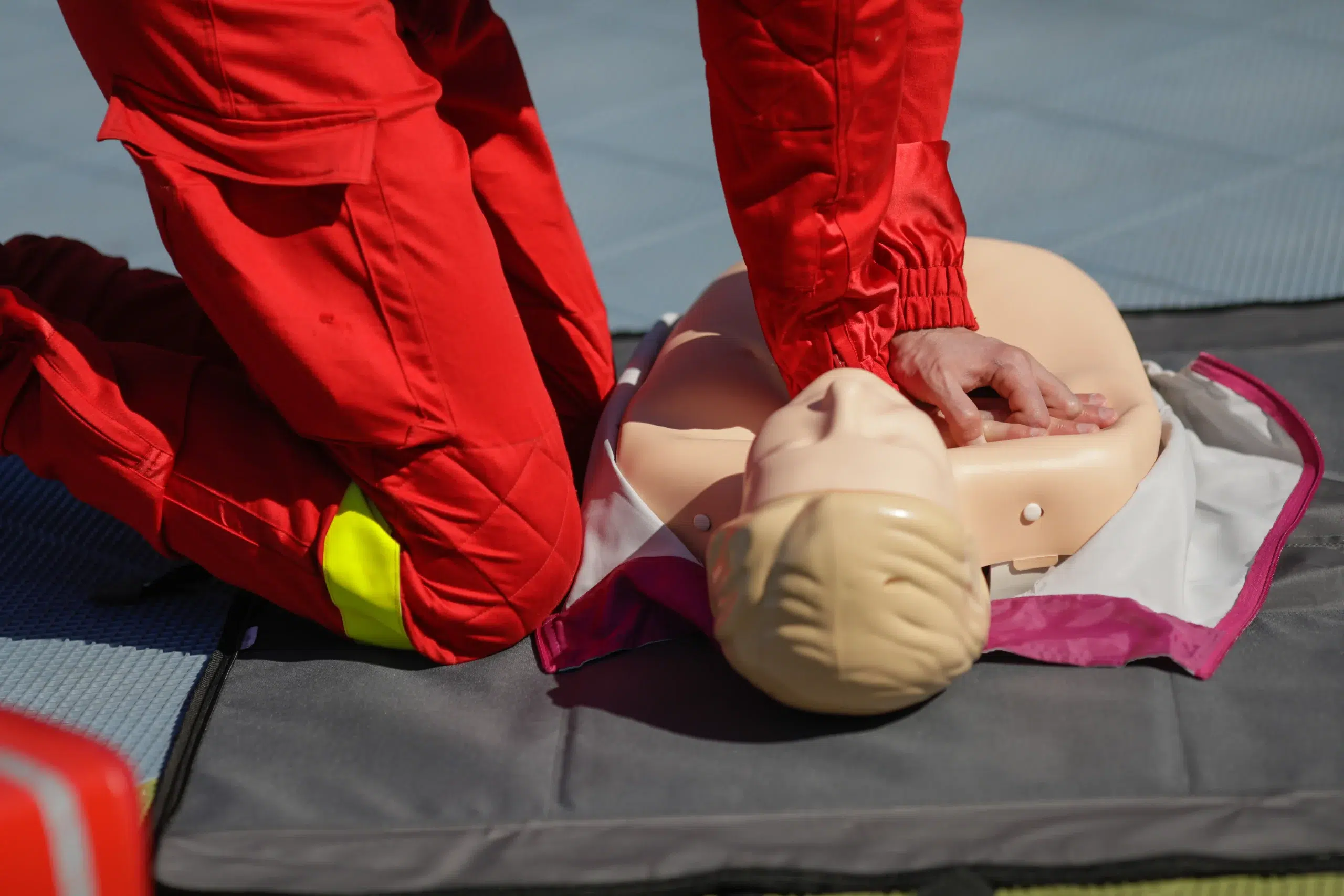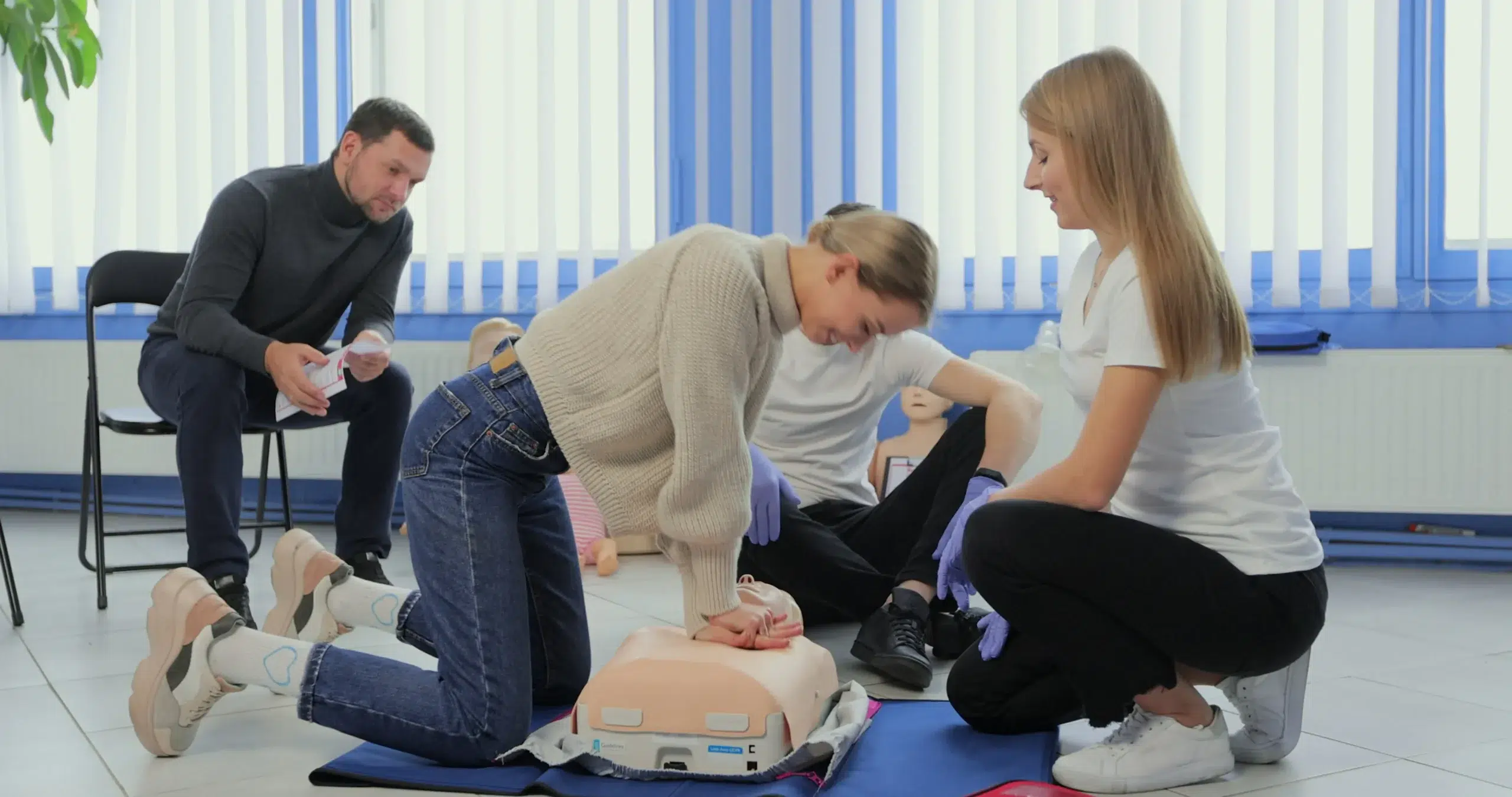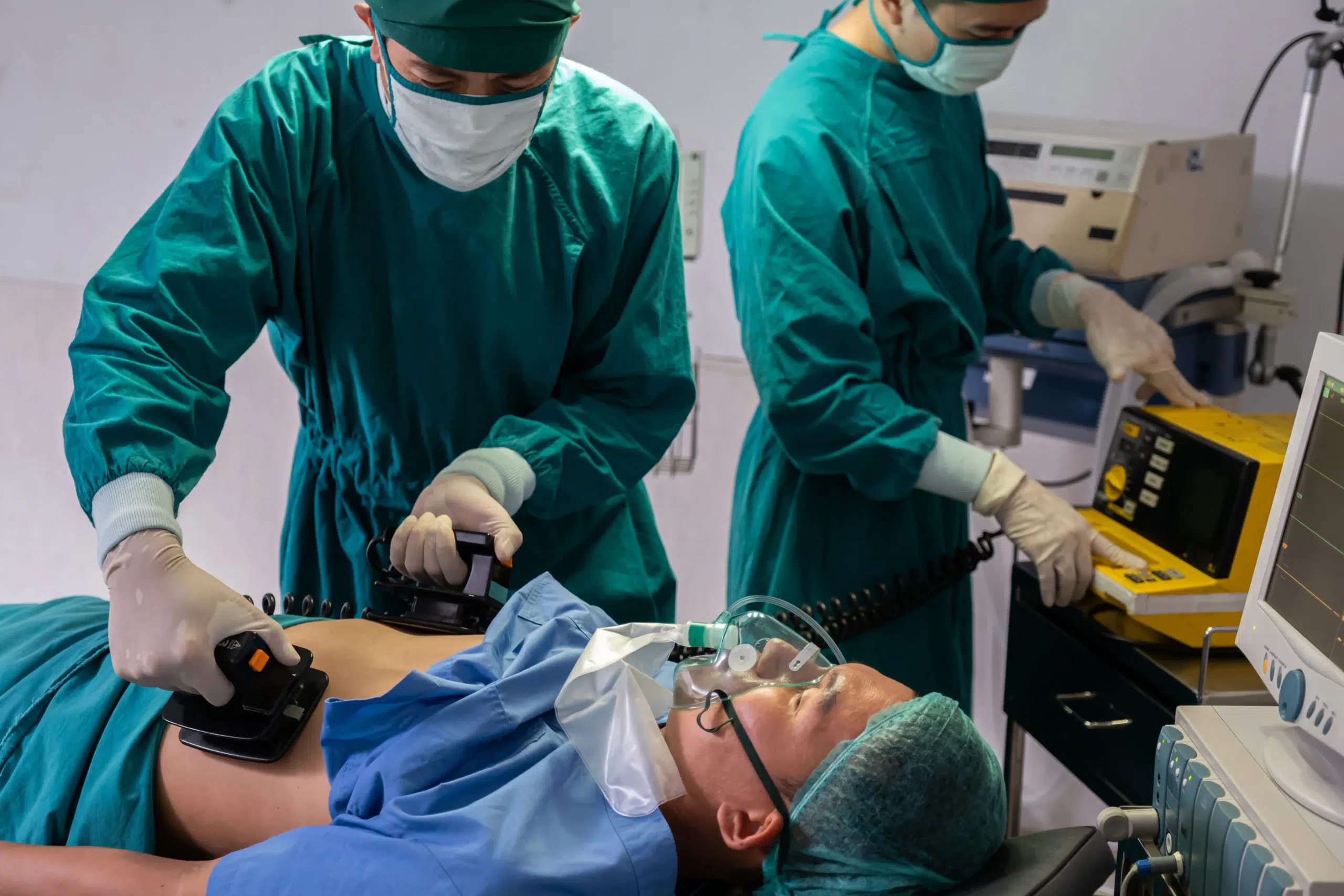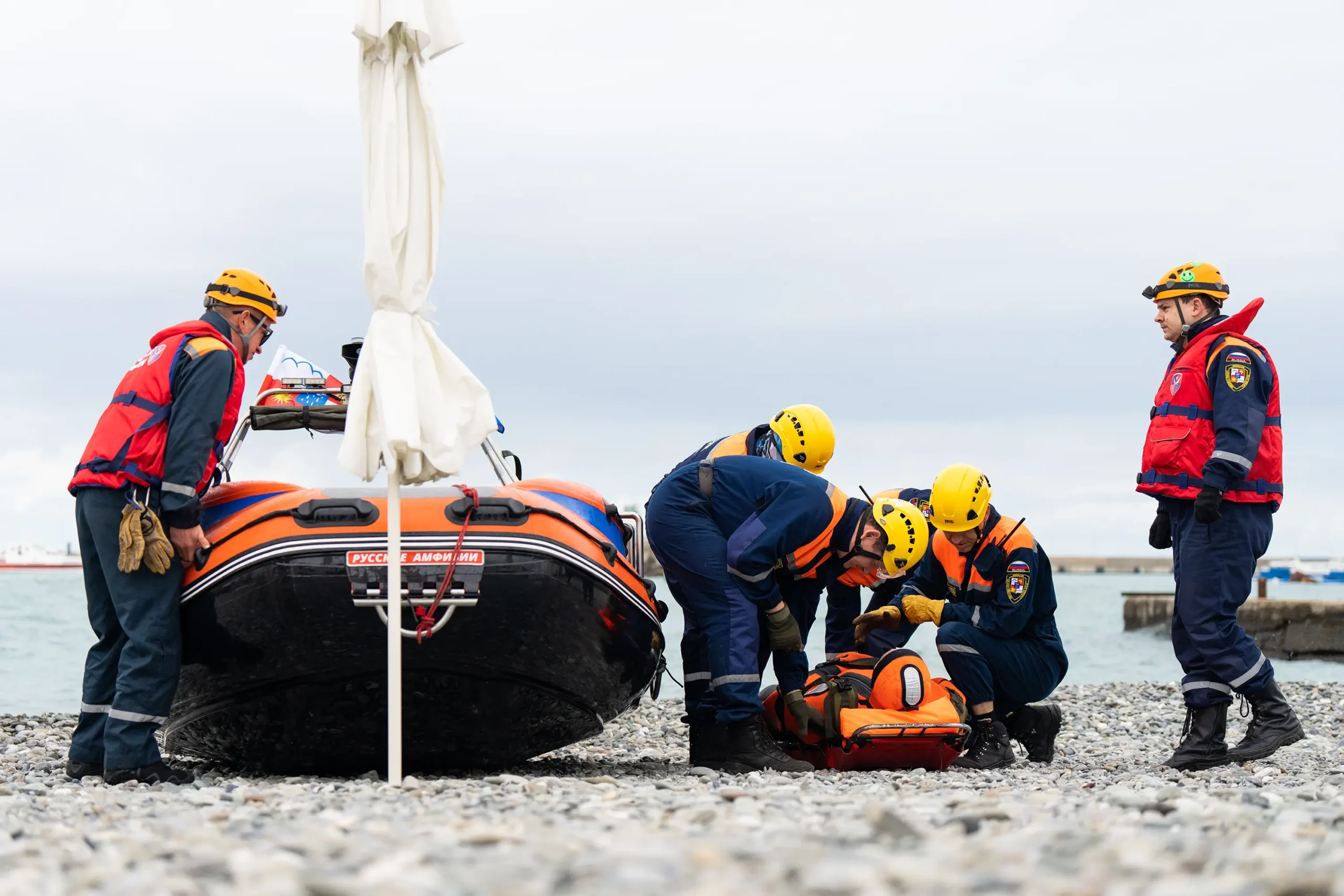Working in healthcare, you understand the importance of specialized training, especially when dealing with the unique needs of children. Pediatric Advanced Life Support (PALS) certification is a crucial credential for any healthcare provider working with young patients. It provides the skills and knowledge necessary to respond effectively to pediatric emergencies, ensuring the best possible outcomes. This blog post will explore the world of pediatric advanced life support in Millbrae, covering everything from the basics of PALS to advanced techniques and specialized knowledge. We’ll discuss the importance of PALS certification, the course content and structure, and how to choose the right course provider. We’ll also delve into the costs and value of certification, the renewal process, and the future of pediatric emergency care training.
Key Takeaways
- PALS equips you with essential skills for pediatric emergencies: From airway management and recognizing signs of deterioration to practicing real-world scenarios, PALS training gives you the tools to confidently handle critical situations.
- Choosing the right PALS course matters: Consider your learning style and schedule when deciding between online, in-person, or blended learning. Compare providers, check for AHA accreditation, and explore available discounts.
- PALS certification is a continuing journey: Stay current with the latest guidelines and best practices by renewing your certification every two years and pursuing continuing education opportunities. This ongoing commitment ensures you’re always prepared to provide the best possible care.
What is Pediatric Advanced Life Support (PALS)?
What is PALS and why is it important?
Pediatric Advanced Life Support (PALS) certification is a specialized program designed to give healthcare providers the skills they need to respond to pediatric emergencies. It focuses on the specific needs of critically ill or injured children, ensuring you can provide quick and appropriate care in stressful situations. This training is crucial for anyone regularly working with children or who might encounter a pediatric emergency. For providers in the Millbrae area, Millbrae CPR Classes offers a comprehensive PALS certification course.
Key skills and knowledge you’ll gain
PALS training covers a wide range of essential skills. You’ll learn how to effectively manage pediatric airways, including techniques for bag-mask ventilation and inserting advanced airway devices. The course also teaches how to recognize and manage airway obstructions. Beyond airway management, PALS provides scenario-based training, often called “megacodes,” that simulate real-world emergencies. These simulations allow you to practice PALS protocols and build confidence in your abilities. This hands-on practice is invaluable for applying your knowledge in a controlled environment before facing a real emergency. These simulations are a key component of the PALS courses offered at Millbrae CPR Classes.
Common PALS misconceptions
One common misconception is that PALS certification is a one-and-done deal. In reality, PALS certification needs to be renewed regularly to keep your knowledge and skills current. Medicine is constantly evolving, and staying up-to-date with the latest guidelines and best practices is essential for providing the best possible care. Another misconception is that experienced healthcare providers don’t need PALS certification. The truth is, PALS training is beneficial for any healthcare professional who might encounter a pediatric emergency, regardless of their experience level. This includes those working in clinics, schools, or other settings where children are present. Having a standardized approach to pediatric emergencies ensures consistent, high-quality care across different healthcare environments. For more information on PALS certification and renewal options, visit the American Heart Association website.
Find PALS Certification in Millbrae
So, you’re ready to get your PALS certification in Millbrae. Great! This section will help you find the right course.
Course providers near you
Finding a reputable provider is the first step. Here are a few options:
Millbrae CPR Classes
Millbrae CPR Classes offers American Heart Association-accredited PALS training. They emphasize convenient scheduling and a low-price guarantee. Visit their website for more information on their PALS courses.
Safety Training Seminars
Safety Training Seminars provides various CPR courses, including PALS, also following American Heart Association guidelines. They serve the Millbrae area, making them another convenient local option.
American Red Cross
The American Red Cross also offers a PALS certification program. They believe their program is a strong alternative to other options.
Course formats and options (online, in-person, blended)
PALS courses come in several formats. A blended learning format—combining online coursework with in-person skills sessions—is a popular choice, offering flexibility for busy professionals. You can find more information on blended learning PALS courses at Millbrae CPR Classes. Fully in-person classes are also available. Consider which format best suits your learning style and schedule. PALS training is valuable for any healthcare professional who might encounter a pediatric emergency, whether working in clinics, schools, or other settings.
Course duration and structure
Most PALS courses follow a similar structure. You can expect to spend roughly 3–4 hours on the online portion, followed by a 30–40 minute in-person skills session. The Red Cross provides details on PALS certification validity, which is typically two years.
Cost & Value of PALS Certification
So, you’re ready to advance your healthcare career with PALS certification. But what’s the financial commitment? Let’s explore the costs associated with
Average course prices in Millbrae
PALS courses in Millbrae typically range from $150 to $300. This covers comprehensive training materials, expert instruction, and the certification exam. Consider this an investment in your skills and future, paving the way for more opportunities. For the most up-to-date pricing, contact your chosen provider, such as Millbrae CPR Classes, directly.
Discounts and special offers
Training a whole team? Many training centers offer group discounts, especially for on-site training. This can significantly lower the individual cost, making it more feasible to train your entire staff. Always inquire about potential discounts or special offers—you might find some welcome savings. Check with providers like Millbrae CPR Classes and Bay Area CPR for cost-effective options.
Return on investment for your career
View PALS certification as an investment in your professional growth, not just an expense. This credential showcases your dedication to high-quality pediatric care, a significant advantage in healthcare. PALS certification is often a requirement for roles involving pediatric care, so it can unlock new job opportunities and career progression. The specialized training also increases your confidence and ability to handle critical situations effectively. The peace of mind and the potential to positively impact a child’s life? Invaluable. Learn more about the significance of PALS training.
What Happens in a PALS Course?
A PALS course isn’t just lectures and textbooks—it’s a dynamic learning experience. Expect a blend of interactive discussions, hands-on practice, and realistic simulations. This prepares you to confidently handle pediatric emergencies.
Course content and curriculum overview
PALS courses cover a comprehensive curriculum based on the latest American Heart Association guidelines. You’ll learn systematic approaches to assess and manage respiratory and cardiovascular emergencies, including recognizing early signs of deterioration. The course emphasizes a step-by-step process for PALS protocols, ensuring consistent, high-quality care. You’ll also learn specific treatment algorithms for common pediatric emergencies, giving you a clear roadmap for action. For example, you’ll learn how to maintain a patent airway, a critical skill in pediatric emergencies, as described by Cascade Training.
Hands-on training and simulations
PALS courses use simulation-based training to recreate real-life pediatric emergencies. These scenarios provide a safe space to practice your skills and refine your decision-making. Simulations often involve high-fidelity mannequins that mimic physiological responses, adding realism to the training. This immersive experience helps bridge the gap between theory and practice, building your confidence.
Team dynamics and communication skills
Effective teamwork and communication are crucial in pediatric emergencies. PALS training emphasizes clear communication, defined roles, and coordinated efforts within a healthcare team. You’ll practice communicating effectively with other healthcare providers, families, and patients during stressful situations. PALS guidelines highlight the importance of closed-loop communication and structured debriefings to improve team performance. These skills are essential for an efficient response in any pediatric emergency.
Choose the Right PALS Course in Millbrae
So, you’re ready to get your PALS certification—great! Choosing the right course is important, so let’s break down how to find the best fit for you in Millbrae.
Factors to Consider
First, think about your schedule. Are you juggling multiple responsibilities? An online PALS course might offer the flexibility you need to learn at your own pace. If you prefer hands-on learning and thrive in a classroom, an in-person course could be a better choice. Consider your learning style and how you best absorb information. Location is another key factor. While online courses offer flexibility, some prefer the convenience of a local in-person class. Millbrae has several options, so finding a location close to home or work is definitely possible.
Compare Course Providers
Once you’ve considered your learning style and schedule, compare course providers. Millbrae CPR Classes offers a range of American Heart Association courses, including PALS, and is known for excellent customer service. Safety Training Seminars also provides AHA-certified courses in the area. Researching different providers helps you find one that aligns with your needs and budget. Check reviews and compare what each provider offers regarding course materials, instructor experience, and overall value.
Accreditation and Recognition: Why They Matter
Finally, ensure any PALS course you consider is accredited by a reputable organization like the American Heart Association. The AHA is a globally recognized leader in life support training, and their certification is valuable to employers. While other organizations like the American Red Cross also offer PALS certification, understand the differences in their programs and how the healthcare community perceives them. Choosing an AHA-certified course ensures high-quality training that meets industry standards. This is essential for your professional credibility and providing the best possible patient care.
Benefits of PALS Certification
Choosing to pursue PALS certification is a significant step, so understanding the benefits can help you make the right decision for your career. From sharpening your skills to improving your career prospects, PALS certification offers numerous advantages for healthcare providers.
Enhance your pediatric emergency care skills
PALS certification equips you with the targeted skills needed to respond effectively to pediatric emergencies. The course covers a wide range of critical skills, from recognizing early signs of deterioration to performing advanced life-saving procedures. This specialized training focuses on the distinct physiological differences between children and adults, giving you the confidence to manage pediatric emergencies with precision. As highlighted by Millbrae CPR Classes, PALS certification is essential for any healthcare provider working with children.
Improve patient outcomes and your confidence
Beyond technical skills, PALS certification emphasizes the importance of a systematic approach to pediatric care. You’ll learn how to quickly assess a child’s condition, make informed decisions under pressure, and work effectively as part of a team. This structured approach, combined with hands-on practice, leads to improved patient outcomes and builds your confidence in managing complex situations. Cascade Training emphasizes how PALS training provides the expertise to deliver prompt and appropriate care, especially in high-pressure situations. This translates to better care for young patients and a greater sense of assurance in your abilities.
Advance your healthcare career
PALS certification is a valuable asset for career growth. It demonstrates your commitment to providing high-quality pediatric care and can open doors to new opportunities. Many healthcare facilities require PALS certification for specific roles, making it a prerequisite for career advancement. Maintaining your PALS certification demonstrates up-to-date knowledge and skills, essential for career progression, as noted by Bay Area CPR. Investing in PALS certification is an investment in your professional development, enhancing your credibility and making you a more competitive candidate.
Maintain Your PALS Certification
Keeping your PALS certification current is key for providing the best possible care and demonstrates your commitment to staying at the forefront of pediatric emergency medicine. This section covers everything you need to know about renewing your PALS certification and staying up-to-date with the latest guidelines.
Renewal process and requirements
PALS certification is valid for two years. To maintain your credentials, you’ll need to renew before it expires. The renewal process is straightforward, and you can find online renewal courses that offer flexibility and convenience. Check with your certifying body, such as the American Heart Association, for specific renewal requirements and approved courses.
Continuing education in Millbrae
Millbrae offers various continuing education opportunities to help you stay sharp and confident in your PALS skills. Look for workshops, seminars, and refresher courses covering advanced life support techniques, updates to pediatric care guidelines, and emerging best practices. These resources provide valuable insights and practical training to enhance your expertise. Millbrae CPR Classes offers a range of American Heart Association courses, including PALS renewal courses.
Stay updated on pediatric care guidelines
Pediatric care guidelines are constantly evolving. Staying informed about the latest recommendations is crucial for providing effective and safe care. Regularly consult reputable sources like the American Heart Association and the American Academy of Pediatrics for updates on pediatric advanced life support protocols. This proactive approach ensures you’re always prepared to handle pediatric emergencies with the most current, evidence-based practices. PALS training emphasizes effective communication and collaboration during pediatric emergencies.
PALS Certification: Advanced Topics
Advanced Techniques and Specialized Knowledge
PALS certification goes beyond the basics of life support. It equips healthcare providers with advanced techniques for managing pediatric airways, including bag-mask ventilation and inserting advanced airway devices. You’ll also learn how to recognize and manage airway obstructions, a critical skill in pediatric emergencies. PALS courses often incorporate realistic, scenario-based training, sometimes called “megacodes,” to simulate real-world emergencies. These simulations allow you to practice PALS protocols and build confidence in your abilities. This hands-on practice is invaluable for reinforcing the skills you’ll need under pressure.
Integrate with Other Healthcare Certifications
PALS certification isn’t a one-and-done deal. It’s an ongoing commitment to learning and refining your skills. Many providers mistakenly believe their certification lasts forever. In reality, PALS certification requires renewal, offering opportunities to stay updated on the latest guidelines and best practices in pediatric emergency care. This continuing education is essential for maintaining proficiency and providing high-quality care. While PALS is particularly relevant for professionals in hospital settings, the training is valuable for anyone who might encounter a pediatric emergency, including those working in clinics, schools, or other environments.
The future of pediatric emergency care training
PALS certification represents a significant investment in your ability to deliver the best possible care to young patients. It provides specialized knowledge focused on the unique needs of critically ill or injured children, empowering you to respond effectively in high-stress situations. Earning your PALS certification means gaining the expertise to make a real difference. As pediatric emergency care evolves, PALS certification ensures you remain at the forefront of advancements, prepared to handle any situation with confidence and skill.
Related Articles
- PALS HeartCode San Mateo: Your Certification Guide – Millbrae CPR Classes
- HeartCode PALS Millbrae: Your Certification Guide – Millbrae CPR Classes
- AHA PALS Classes in Millbrae, CA – Millbrae CPR Classes
- Online PALS Classes in Millbrae: A Complete Guide – Millbrae CPR Classes
- ACLS Certification in Millbrae: A Complete Guide
Frequently Asked Questions
Is PALS certification right for me?
PALS certification is beneficial for any healthcare provider who might encounter a pediatric emergency, regardless of their primary work setting. If you work with children or in an environment where children might be present, having this specialized training can be a significant advantage. It equips you with the skills and knowledge to confidently manage pediatric emergencies, ultimately leading to better patient outcomes.
What’s the difference between PALS and BLS?
While both PALS and BLS teach life-saving techniques, PALS builds upon the foundation of BLS. BLS focuses on basic life support skills, while PALS delves into the specific physiological differences and treatment protocols for pediatric patients. PALS certification is generally recommended for healthcare providers who regularly work with children or are part of a pediatric emergency response team.
How long does a PALS course take, and what can I expect?
PALS courses typically involve a combination of online learning and in-person skills sessions. The online portion allows you to learn at your own pace, while the in-person sessions focus on hands-on practice and simulations. The total time commitment varies, but you can generally expect to spend several hours on the online component and a shorter time for the in-person skills check-off. The course includes interactive discussions, realistic scenarios, and opportunities to practice your skills in a safe environment.
How much does PALS certification cost, and how often do I need to renew it?
The cost of PALS certification varies depending on the provider and location. It’s best to contact training centers directly for specific pricing information. Many providers offer group discounts, which can be a cost-effective option for organizations training multiple staff members. PALS certification is typically valid for two years, after which you’ll need to renew to maintain your credentials.
What are the career benefits of having PALS certification?
PALS certification is a valuable asset for healthcare professionals. It demonstrates your commitment to providing high-quality pediatric care and can open doors to new career opportunities. Many healthcare facilities require or prefer PALS certification for positions involving the care of children. Having this specialized training can enhance your resume, increase your earning potential, and provide a sense of professional accomplishment.
